Diplomate Perspectives
NCCAOM
11 Canal Center Plaza, Suite 300
Alexandria, VA 22314
Re: Response to letter by Chung-Hwei Chernly
November 29, 1998
Dear NCCAOM,
I am responding to Ms. Chung-Hwei Chernly’s letter on the topic of whether Feng Shui should be considered a part of Oriental medicine. Her letter, published in the fall/winter 1998 issue of Diplomate Perspectives, spoke emphatically against this supposition, stating that Feng Shui is “fortune telling” akin to “witch craft and voodoo,” that “traditional Chinese medicine does not reference Feng Shui,” and that acupuncturists who practice Feng Shui are “outside professional ethical boundaries.” I would like to argue differently.
Both the term and the concept of Feng Shui appear frequently in classical Chinese texts that traditionally were considered to have an intimate relationship to the practice of medicine. Feng (wind) stands for movement and thus the dispersing influences in nature, while Shui (water) symbolizes the palpable aspects of reality and thus the congealing effects in nature. Feng Shui, therefore, is the familiar concept of movement and stillness, matter and non-matter, and qi and blood applied specifically to the realm of the earth. While the Book of Change (Yijing) defines the principles of Chinese medicine on a cosmic level (“diagnosing the yin/yang of the heavens”) and the Yellow Emperor’s Classic of Medicine (Huangdi Neijing) applies them to a human level (“diagnosing the yin/yang of the body”), Feng Shui is the art and science of diagnosing the yin/yang of the earth. The authoritative voice of the Neijing itself is abundant with references to heavenly and earthly cycles, and how it is imperative for a physician to be thoroughly acquainted with the macrocosmic ramifications of yin/yang and the five elemental phases prior to applying them in the microcosmic realm of the human body.
Throughout the ages, many scholar physicians have reemphasized that Chinese medicine is a holistic science, which by definition cannot consider humans without honoring their creatrix, Heaven and Earth. As Laozi’s Classic on the Relationship Between the Whole and the Parts (Dao De Jing) states programatically for all Daoist sciences, including the medical arts: “Human beings follow the laws of the earth, the earth follows the laws of the heavens, and the heavens follow the laws of nature that we call the Dao.” The Ming Dynasty master physician, Zhang Jingyue, even felt compelled to proclaim the notion of Yijing Medicine (yi yi xue), claiming that every aspect of medicine is Yijing science (yi yi xue)–which, utilized in an earthly dimension, is Feng Shui science–and that “no one should become a physician without having studied the natural philosophy of the Yijing first.”
Yijing scholarship (sky knowledge) and Feng Shui lore (earth knowledge) thus are the defining traditions that identify Chinese medicine (body between heaven and earth knowledge) as the holistic, dynamic, multi-layered, and complex science that it is. For readers familiar with political affairs in the People’s Republic of China, any proposal to separate the “scientific elements” of the traditional record from the “snake oil” and the “witch craft” resonates uncannily with the slogans of mainland Chinese “TCM.” As I have shown elsewhere (see my recent article, “Chinese Medicine in Crisis: Science, Politics, and the Making of ‘TCM,’” (California Journal of Oriental Medicine, Spring 1999), this approach has essentially gutted the nature and the spirit of the traditional art of Chinese medicine in China, and gradually replaced it with the parameters of Western science. Projects of this kind are part of the underlying belief that Chinese medicine is not really a science in its own right, and therefore not entitled to its own scientific culture and discourse.
I am sharing Ms. Chernly’s concern that certain people may practice “Bagua fortune telling” and “Feng Shui geomancy” in superficial ways that smack of superstition. However, instead of discarding the baby along with the bath water, I urge that we work toward the restoration of the traditional depth of our art by revitalizing the fundamental principles outlined in the heavenly and earthly precursor sciences of Chinese medicine. It is them that define the unique character of our metier–whether we choose to incorporate Feng Shui practices into our clinical approach or not.
Sincerely,
Heiner Fruehauf, Ph.D., L.Ac.
Chair, Department of Classical Chinese Medicine
National College of Naturopathic Medicine
Portland, Oregon
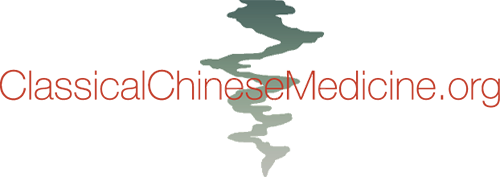
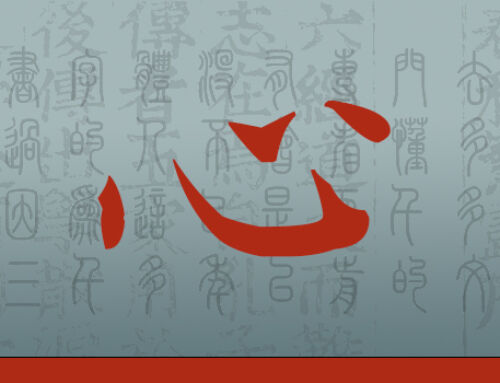
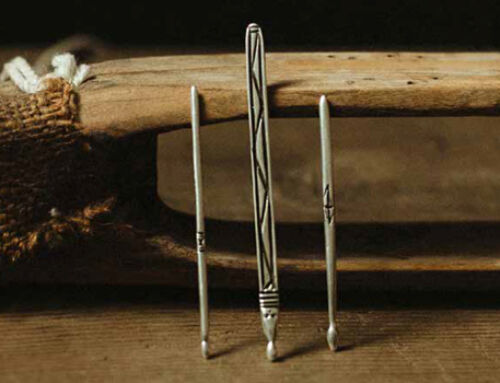
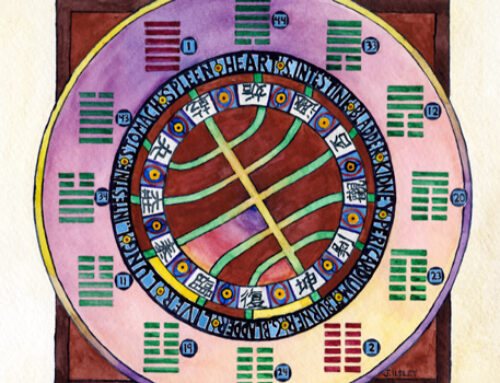
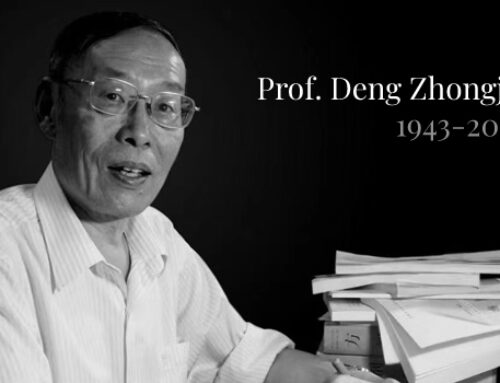
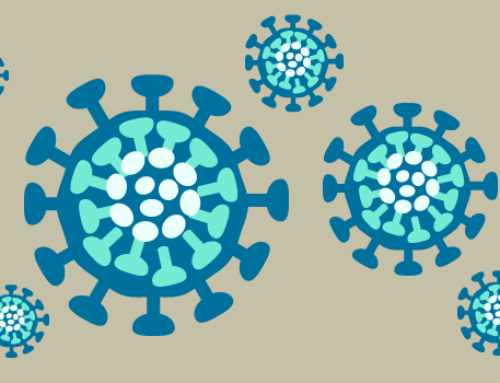
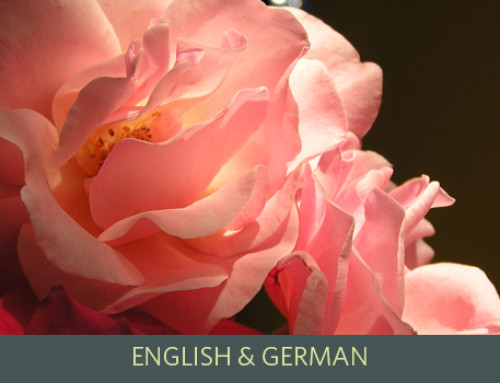
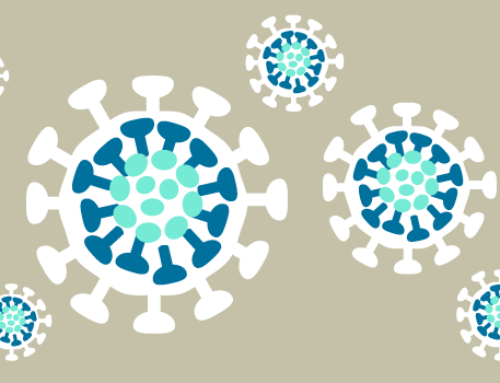
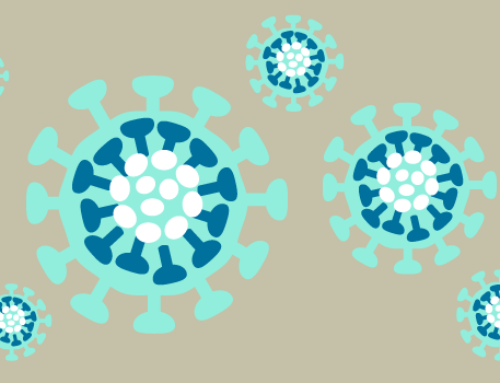
I am grateful for Dr Fruehauf’s action to preserve the most vital parts of our medicine. It is also helpful to get a full understanding of what the terms mean, along with their context.
My finding as an acupuncture teacher is that Feng Shui has direct applications to acupuncture theory which are as yet unexplored.
One way is through the abdomen. My cutting edge as an acupuncturist is exploring the abdomen. One way within that is from the Nei Jing, with four directions centered on the navel. It is a small step to fill in the non-cardinal directions with the Ba Gua, mentioned some in the Nei Jing but very developed in the ancient science/practice of Feng Shui.
For example, there is the ancient Daoist abdominal bodywork system of Qi Nei Zang, written by the Qigong teacher Mantak Chia in his book called Chi Nei Tsang. There is a Ba Gua system of relationship, where South-West/Earth is towards the Spleen and South-East/Wind is towards the Liver.
If we just look at these two directions, where much of the clinical work begins as the ‘Middle Jiao’ of TCM, there are some exciting correlations from Feng Shui. These associations expand and enliven the meaning of these organ systems to greater processes, rather than mere symptoms. (Most of our patients discuss their life-processes in clinic, and hardly pay attention to their stool and other physical patterns.)
OK – so here’s where it gets interesting. SW/Southwest and Spleen in Feng Shui are fundamentally about Relationship- life-partner, spouse, significant other, etc. (This information is consistent among Feng Shui texts and accessible on google images of feng shui ba gua.)
This correlates with Dr Fruehauf’s important teaching on Cosmology, where the Spleen relates to the womb, nest, our innermost home –if I understand it correctly.
This means that when we treat the Spleen, we are not just treating somebody’s fatigue and loose stool. Instead, we also need to ask questions about their relationship to Relationships. This issue or process is noted by Jungians such as Robert Wood to be the dominant pursuit among their patients, the biggest wounding and healing.
To take a second example, when we work with the Southeast/Liver, in Feng Shui this is associated with finances. We live in a time and place when economic health is a major focus for patients. As practitioners, we can approach this issue in several ways. One is to investigate their Liver function as more than just tight tendons and stress, but also as financial flow –a process quite relevant and lively.
The associations go both ways: Feng Shui practitioners could understand more the potential physical and health implications of what they do. Changing a client’s Southwestern aspect will do more than affect Relationship, but also affect energy levels and digestion.
These rich associations from Cosmology, Feng Shui and medicine all combine to bring more meaning to practitioners, relevance to patients’ greatest immediate concerns, and hopefully better clinical effects.
Daoist medical philosophy treats the whole, not the parts. If it is true that the bodies of Daoist thought, Chinese Medicine, Gong Fu, Feng Shui, Ling Shu, MIng Li, Jo Yi Yi Jing, Dao De Jing etc… originated from Qigong, then simply put Feng Shui is an ‘environmental’ application of ‘the way’. If the environment we call home is not harmonious then I would be disappointed to hear that a practitioner skilled in diagnostics could not access some basic needs of a ‘room’. It goes without saying that an expert would be preferred to an amateur. All intellectual pursuits are fraught with error as it is the human mind that is its navigator. Adaption is the singular beauty of the Daoist thought therefore maintaining and restoring harmony via Feng Shui is the same as restoring and maintaining the integrity of knowledge and its practice, it appears that we are more and more at risk of loosing both. To dismiss what we do not know is a slippery slope and does not pay homage to the giants whose shoulders we stand upon. We owe it to the masters of the past, present and future to maintain the lineage and not destroy it. All that is required is that we practice with an open heart, a humble spirit and gracious mind. If we are not part of the solution then we are part of the problem.